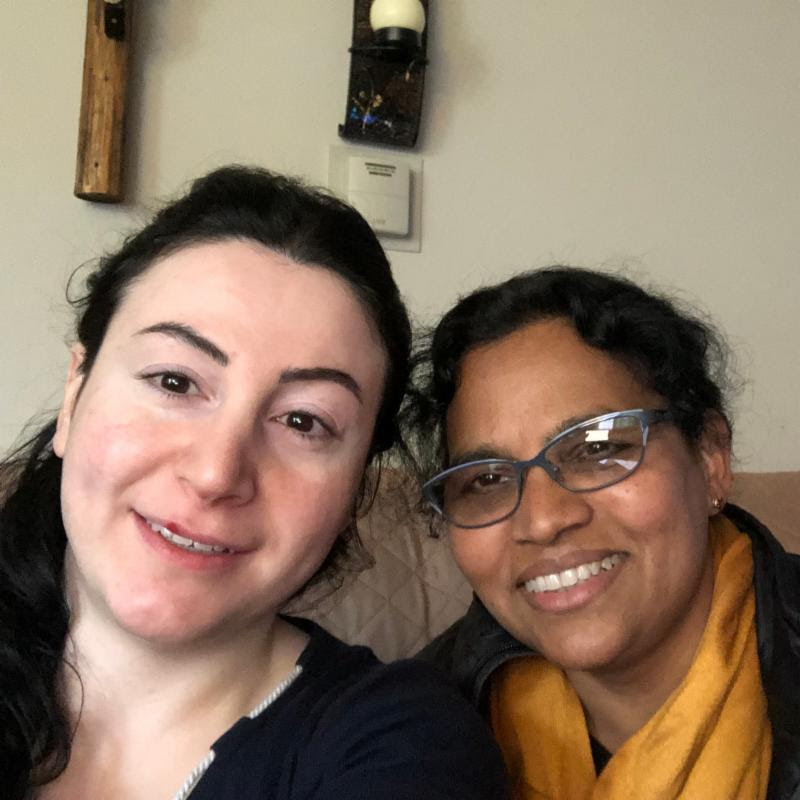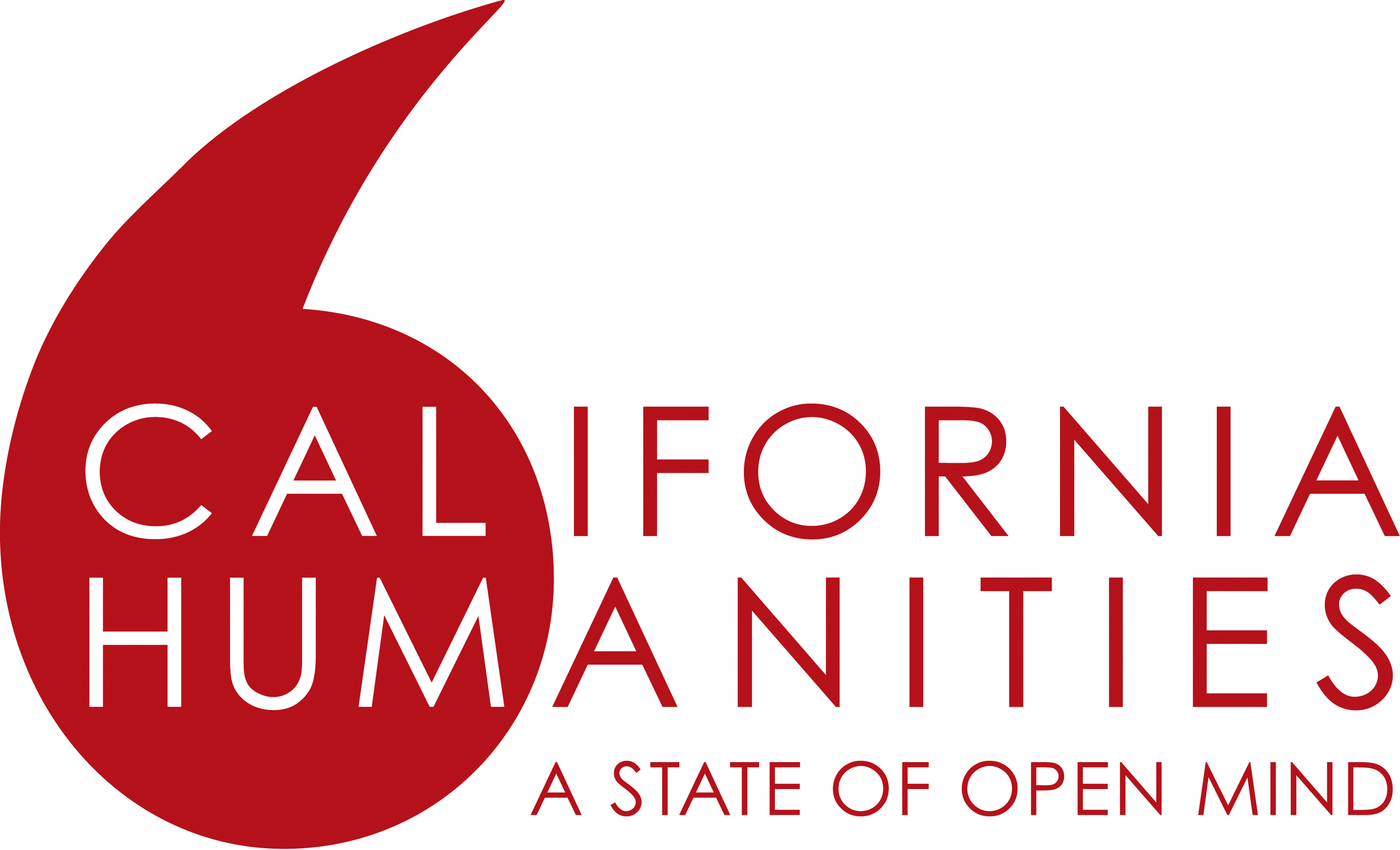December 22, 2020—So many immigrants and refugees are essential workers, caring for and feeding the Bay Area during Covid. This holiday season—if you can—please consider supporting refugee and immigrant workers and their communities.
Meet T., an RIT student and essential worker. She recently got employed at a produce company. “It’s my first job and I like it,” she says. “New experience.”
Pictured: T. and her daughter
We are honored to have been part of T.’s journey. She came to the U.S. as a refugee from Burma, a member of an ethnic group that had experienced systematic persecution. Not long after arrival, T. was referred to RIT’s English and vocational class, a unique family program that allowed her to bring her 9-month old baby. In class, T. was able to build up her English and other workforce entry skills that proved critical in helping her land her first job.
Pictured: T. (top left) and other participants in RIT virtual classes
Prior to the pandemic, T. and her daughter attended classes at RIT's Oakland Newcomer Hub. Thanks to our supporters, we have continued to operate at full capacity during Covid. RIT's adult classes have successfully switched to virtual platforms. “I like having a virtual class because I was able to take care of my daughter,” says T.
RIT’s multilingual team is helping hundreds of families like T.’s during the pandemic (in 10+ languages). Our team is always there to assist with any pressing challenges: from helping with zoom and accessing the internet, to supporting essential workers struggling during Covid, to helping clients apply for unemployment and financial relief options.
We wouldn’t be able to continue these programs (and partner with essential workers like T.) without our community of supporters!
Kindly consider supporting RIT’s impactful programs this holiday season.
If you’d like to assign your donation to RIT’s relief fund (financial assistance to participants most in need), click: “Write us a comment” in the donation form, and write: Relief fund.
Employee Matching
Many employers have programs to match their employees’ donations. To double your impact, please check with your HR department to see if your workplace has such a program.
Address for check/donor-advised fund:
870 Market St. #558, San Francisco CA 94102. Our EIN: 94-3112099.
Please contact Development@reftrans.org if you’d like to donate stock or have any questions.



















